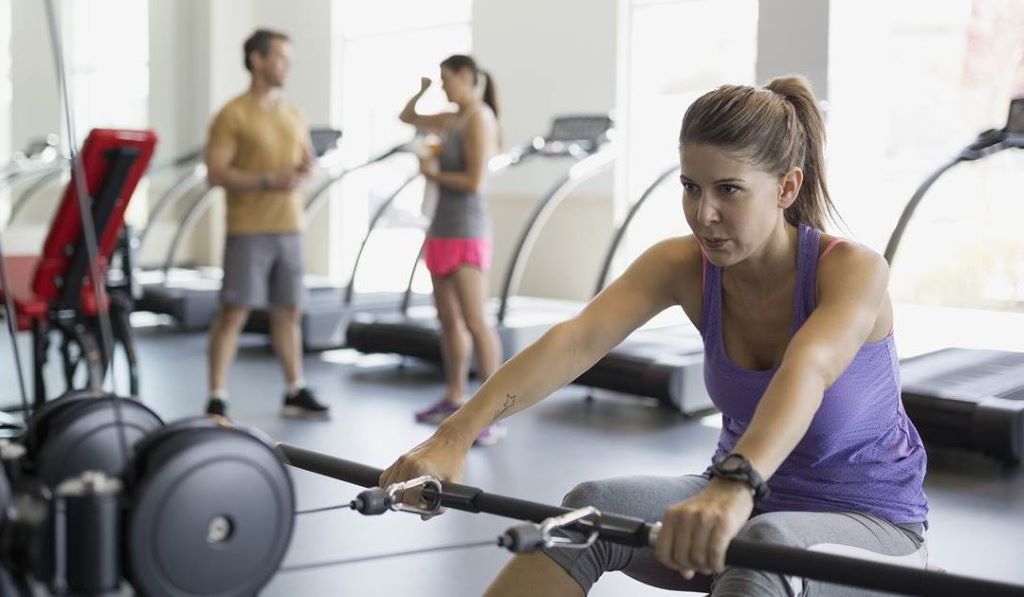Fall arrives as the leaves change color and the air turns crisp, inviting us to embrace a fresh start. What better way to kickstart a healthier lifestyle than by leveraging your Health Savings Account (HSA) for gym expenses? It can help you achieve your fitness goals, and HSA can cover gym expenses, providing significant financial benefits.
Contents
HSA Can Cover Gym Expenses: Understanding HSAs and Gym Expenses
Before diving into the strategies, let’s clarify the relationship between HSAs and gym memberships.
- HSAs: Health Savings Accounts are tax-advantaged accounts linked to high-deductible health plans. Contributions are pre-tax, and withdrawals for qualified medical expenses are tax-free.
- Gym Expenses: Generally, gym memberships don’t qualify as direct HSA expenses. However, there’s a crucial exception: when exercise is medically necessary.
HSA Can Cover Gym Expenses: When Can You Use Your HSA for Gym Expenses?
While casual gym memberships might not be directly covered, here’s when you can potentially tap into your HSA:
- Doctor’s Prescription: If your doctor prescribes exercise as part of a treatment plan for a specific medical condition (like diabetes, heart disease, or obesity), you might be eligible for using HSA for gym membership expenses. This can be a beneficial way to support your health and manage medical costs.
- Letter of Medical Necessity (LMN): Your doctor will need to provide an LMN detailing why exercise is crucial for your condition. This documentation is essential for HSA reimbursement.
- Specific Equipment: Some gym equipment, like stationary bikes or treadmills, might qualify if prescribed by a doctor.
Maximizing Your HSA Benefits for Fitness
Even if your gym membership doesn’t qualify, there are other ways to leverage your HSA for a healthier you:
- Fitness Apps and Wearables: Many apps and wearable devices that track health metrics and offer exercise guidance are HSA-eligible.
- Athletic Shoes and Apparel: If recommended by a doctor for a specific medical condition, these items can be covered.
- Sports Physicals and Consultations: Preventive care like sports physicals and consultations with fitness professionals often qualify.
- Gym Fees for Dependent Children: If your child requires gym-based therapy for a medical condition, the fees might be eligible.
Tips for Successful HSA Utilization
- Consult Your Doctor: The key to using your HSA for gym expenses is a doctor’s recommendation. Be open about your fitness goals and any health concerns.
- Document Everything: Keep detailed records of all HSA-related expenses, including receipts, LMNs, and any correspondence with your healthcare provider.
- Understand HSA Rules: Stay informed about HSA regulations to avoid penalties. The IRS provides guidelines on eligible expenses.
- Explore HSA-Friendly Gyms: Some gyms might offer programs tailored to specific medical conditions, making it easier to obtain an LMN.
- Consider a Flexible Spending Account (FSA): While not as flexible as HSAs, FSAs can also cover certain fitness expenses.
Unleash Your Fitness Potential: The Benefits of HIIT Workouts
Beyond the Gym: Holistic Wellbeing
While exercise is vital, remember that overall well-being encompasses various aspects:
- Nutrition: Focus on a balanced diet rich in fruits, vegetables, and whole grains.
- Mental Health: Prioritize stress management techniques like meditation, yoga, or spending time in nature.
- Sleep: Aim for 7-9 hours of quality sleep each night.
- Social Connections: Nurture relationships with loved ones and participate in social activities.
By combining physical activity with these elements, you can enhance your overall quality of life.
Related: Which is the Best Exercise for People of All Age?
Conclusion: HSA Can Cover Gym Expenses
Using your HSA for gym expenses can be a strategic move towards a healthier and financially savvy lifestyle. While it might require some planning and documentation, the potential benefits are substantial. Remember to consult with your doctor and understand HSA regulations to maximize your savings. As you embark on your fitness journey this fall, prioritize not just physical health but also mental, emotional, and social well-being.
Disclaimer: This article provides general information and should not be considered financial or medical advice. Always consult with a healthcare professional and a tax advisor for personalized guidance.





